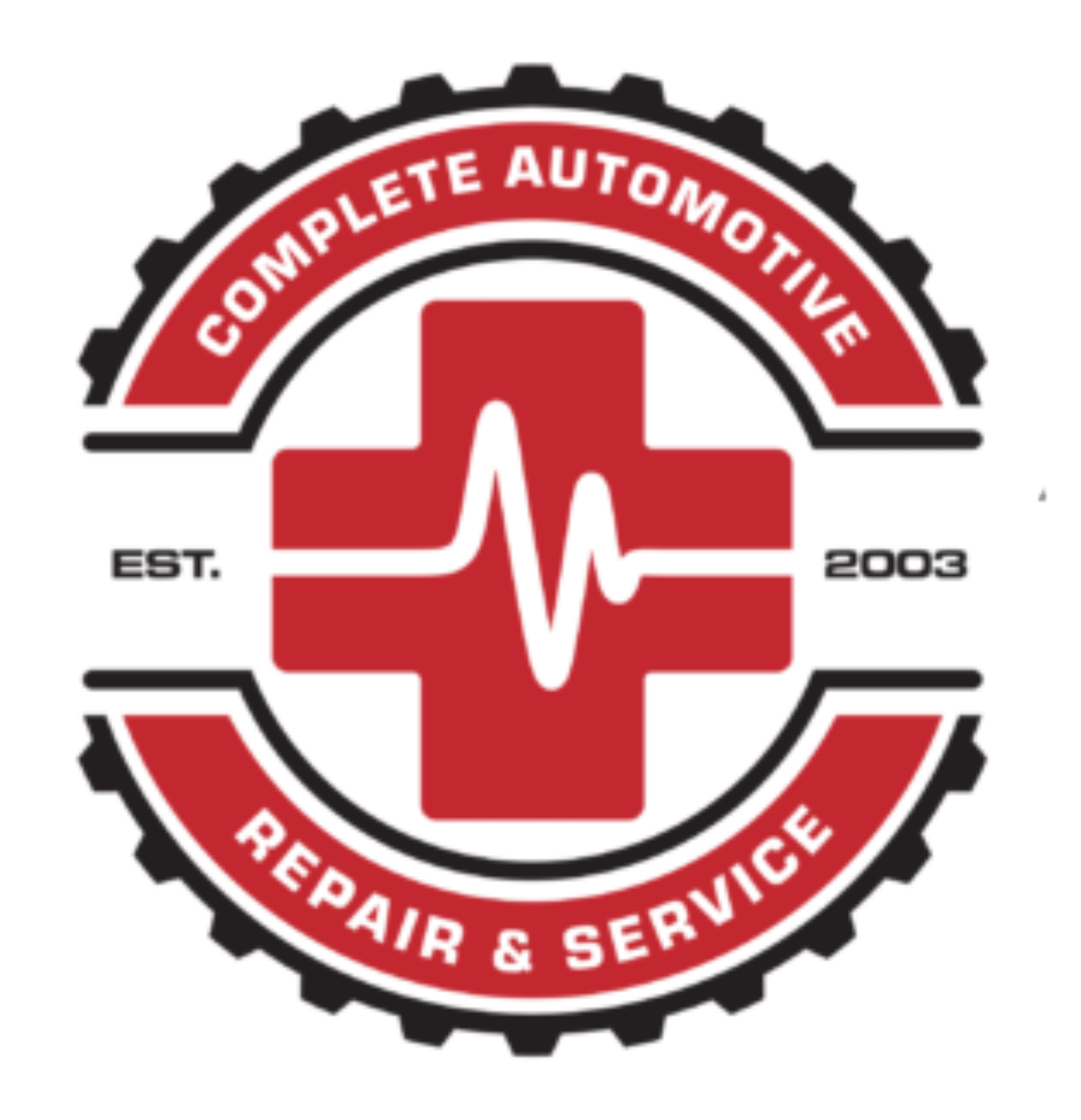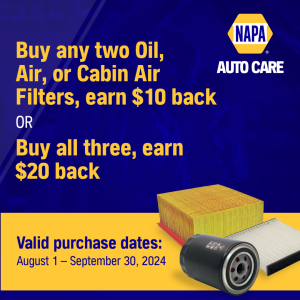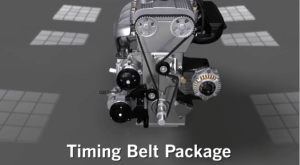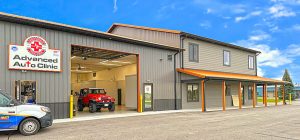Summer Vehicle Maintenance Tips
We have finally reached the times of beautiful weather and road trips! However, just because Winter is finally over doesn’t mean you stop taking care of your car. In fact, you want to pay even more attention. Winter has taken a toll on the roadways, and the coming summer heat will be sure to be tough on your vehicle. Everything from the paint down to the tires is subjected to harsher than normal conditions. Gone unchecked, some issues could leave you stranded in the heat. Here are a few tips to help make sure you and your vehicle is ready to take on the summer.
Getting Your Vehicle Summer Ready!
Windshield Wipers
Winter weather can be brutal to your windshield wipers, making them almost useless if you get caught in a summer rain shower. Replace them at the beginning of the summer and you won’t have to worry.
Tires
Have your tires rotated about every 5,000 miles. Check tire pressures once a month; check them while they’re cold before driving for any distance. Don’t forget to check your spare as well and be sure the jack is in good condition. Examine tires for tread life, uneven wearing, and cupping; check the sidewalls for cuts and nicks. An alignment is warranted if there’s uneven tread wear or if your vehicle pulls to one side.
Tire pressure is also important, especially in summer months. As the outside temperature climbs, the air in your car’s tires expands, so check your tire pressure when the tires are at a normal temperature – before you set out on a road trip. Also, be sure to use the proper tire pressure for your car, not the maximum pressure listed on the tire sidewall. Check the recommended tire pressure label in the door jamb or glove compartment, or consult your owner’s manual.
Filters
Air Filter: You should replace your air filter twice a year, so now’s a good time to get that 5-minute job out of the way.
Oil Filter: Change your oil and oil filter as specified in your manual
Replace other filters (fuel, PCV, etc.) as recommended more often in dusty conditions.
Fluids
Cars need fluids during extreme heat. Engine fluids are essential to keep a vehicle running smoothly. Most fluids not only lubricate, they also serve as coolants by helping carry heat away from critical components. When fluid levels are low, this cooling effect is reduced, and the possibility of overheating increases. Drivers should check all vehicle fluids including motor oil, transmission fluid, power steering fluid, and brake fluid to ensure they are filled to the appropriate levels. If any fluids need to be topped off, be sure to use the type of fluid specified in the owner’s manual. If you have to top off any of your vehicles fluids repeatedly, this may indicate a problem. Promptly have your vehicle inspected and repaired as necessary. Failure to do so could lead to additional repairs or an unplanned breakdown.







